Yesterday Donald Trump signed an Executive Order on ObamaCare titled MINIMIZING THE ECONOMIC BURDEN OF THE PATIENT PROTECTION AND AFFORDABLE CARE ACT PENDING REPEAL. There has been some talk about whether the order guts ObamaCare, and/or amounts to the repeal of the mandate.
Does it? And does Trump’s order amount to executive overreach? The text of the order is here, and these appear to be the most potentially relevant provisions:
Sec. 2. To the maximum extent permitted by law, the Secretary of Health and Human Services (Secretary) and the heads of all other executive departments and agencies (agencies) with authorities and responsibilities under the Act shall exercise all authority and discretion available to them to waive, defer, grant exemptions from, or delay the implementation of any provision or requirement of the Act that would impose a fiscal burden on any State or a cost, fee, tax, penalty, or regulatory burden on individuals, families, healthcare providers, health insurers, patients, recipients of healthcare services, purchasers of health insurance, or makers of medical devices, products, or medications.
Is that executive overreach? I don’t think we can know yet. I think we have to see what Trump’s administration does with it.
The order states that it is intended to operate “[t]o the maximum extent permitted by law,” which Trump supporters will argue (perhaps with justification) shows that Trump does not intend to overstep his authority and infringe upon Congress’s sphere of power. Charles C.W. Cooke argued on Twitter last night that Obama always claimed that what he was doing was within the law.
So did Obama's. Always. https://t.co/5Nn0mb3S2a
— Charles C. W. Cooke (@charlescwcooke) January 21, 2017
Is that true? I spent some time last night trying to track down the actual text of Obama’s orders on various topics. They tended to be contained in things like letters from a bureaucrat, or announcements on a particular department’s Web site. I wasn’t able to verify or disprove Cooke’s assertion, but it stands to reason that Obama always claimed that what he was doing was legal, even if it wasn’t. Presidents always do.
Here is what is beyond dispute: Obama did engage in overreach. The Affordable Care Act gives the President wide discretion in certain areas, but in other areas it sets specific deadlines, such as with the employer mandate. When Obama claimed the authority to change that deadline for political reasons, he was engaged in clear overreach. We all said so at the time. And if Trump tries the same thing, he will be too.
But shouldn’t Trump get to do whatever Obama did? Over at Hot Air, my favorite blogger Allahpundit articulates what is likely to be a common reaction from the right:
Remember when King Barack decreed in 2013 that he would delay enforcement of the employer mandate even though the law itself required the mandate to take effect on a specific date? Conservatives like me howled that the president has no constitutional power to delay implementation when a federal statute requires it, but O got away with it. And now turnabout is fair play. If King Barack enjoyed a particular type of authority, King Donald enjoys it too. Good work, liberals.
I rarely disagree with Allahpundit, but I will here. I may be a lonely voice here, but if the President doesn’t have authority to do something, he doesn’t have it whether he is a Democrat or a Republican. He doesn’t have unconstitutional authority even if a previous President claimed that authority. If one President declares war without obtaining a declaration from Congress, that is unconstitutional no matter how many previous presidents did the same. Responding to other conservatives’ “turnabout is fair play” arguments in November 2014, Charles C.W. Cooke wrote:
Sean Trende, who is among the most interesting and level-headed writers within the firmament, today proposed on Twitter that the Republican party’s “smart play on executive immigration is to shrug, then have a field day when they next get the presidency.” When I asked him for clarification, Trende told me that the system runs on “norms” and that, once broken, those norms are difficult to reinstate, and he therefore contended that Republicans should acknowledge the power grab and wait patiently until they can utilize it. “I think it is a horrifying precedent being set here,” Trende conceded, “but the die seems to be cast.” Ace of Spades’s Gabriel Malor, another man I hold in high regard, holds a similar view, often expressing excitement at the possibility that Republicans will eventually be able to take advantage of what he terms, cheerfully, “The Obama Rule.”
I am afraid that I consider this approach to be little short of suicidal, and I can under no circumstances look forward to a system in which the executive may pick and choose which laws he is prepared to enforce. On the contrary: I consider the idea to be a grave and a disastrous one, and I would propose that any such change is likely to usher in chaos at first and then to incite a slow, tragic descent into the monarchy and caprice that our ancestors spent so long trying to escape. During the last 500 years or so, the primary question that has faced the Anglo-American polities has been whether the executive or the legislature is to be the key proprietor of domestic power. In one form or another, this query informed both the English Civil War and the Glorious Revolution that followed it, and it was at the root of the Revolution in America. Cast your eyes across the Declaration of Independence and you will notice that the majority of the “long train of abuses and usurpations” have to do with the violation of the rights of assemblies by individuals who believe themselves to be the dominant arbiter of the state’s affairs.
Once, Barack Obama sided with the abused and the usurped. Reaffirming his “appropriate role as president” in 2011, Obama pushed back against those who wished him to “bypass Congress” and “change the laws” on his own, reminding his audience that “that’s not how our system works; that’s not how our democracy functions; that’s not how our Constitution is written.” Last year, he insisted vehemently that the United States was a “nation of laws” and that his critics should refuse to “pretend like [he] can do something by violating our laws.” Today, he takes the opposite view, putting his preferences above the “appropriate role” of the president — above the “system,” “democracy,” and the “Constitution” — and indeed promising to “bypass Congress and change the laws” on his own. In the meantime, suffice it to say, we have not added a “gridlock clause” to our charter. If conservatives sit idly by as the executive branch abdicates its responsibility to faithfully execute the laws, they will be complicit in the devastation of our political system.
Will Donald Trump’s executive order be used to engage in the type of overreach Barack Obama routinely employed? I’m not sure yet. But if it is, conservatives need to lay down a marker now: this will not be acceptable.
Even if Barack Obama did it.


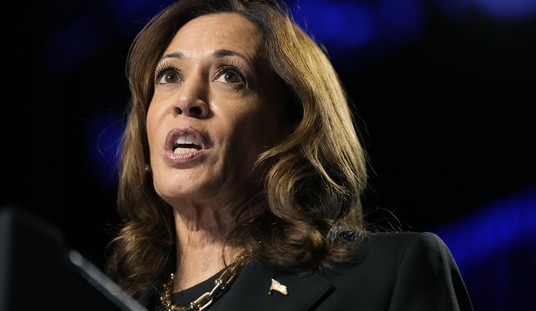
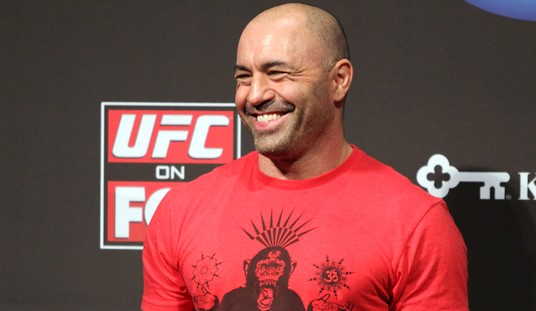
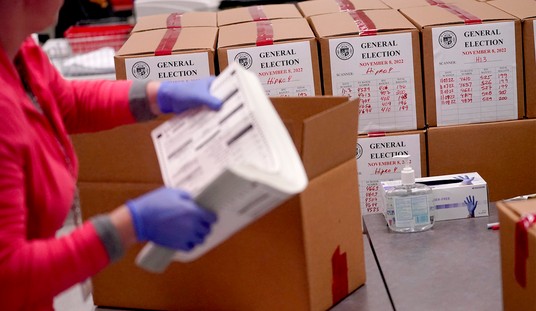
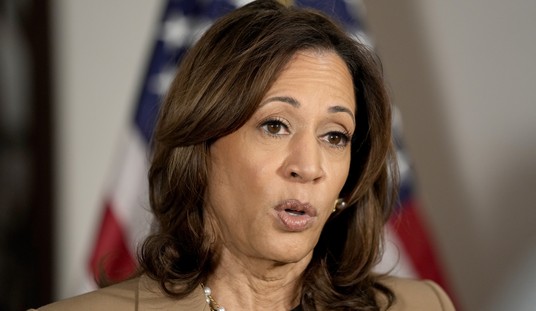
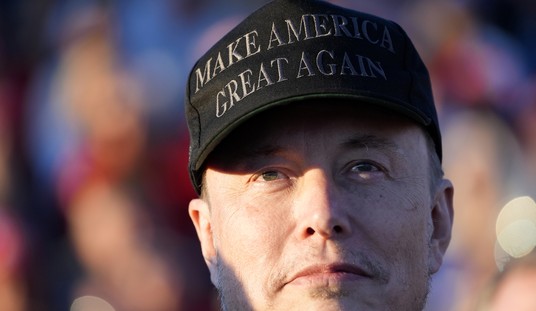
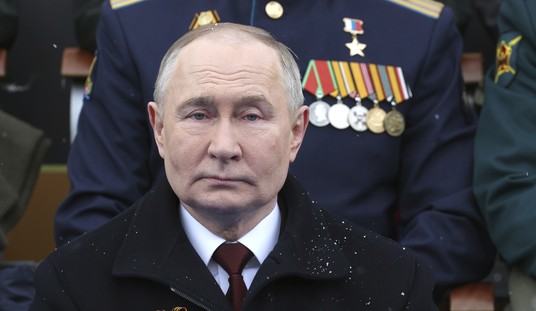
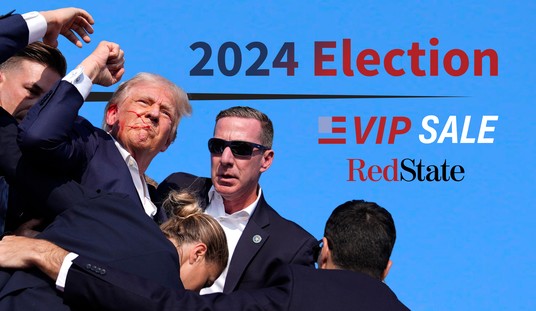
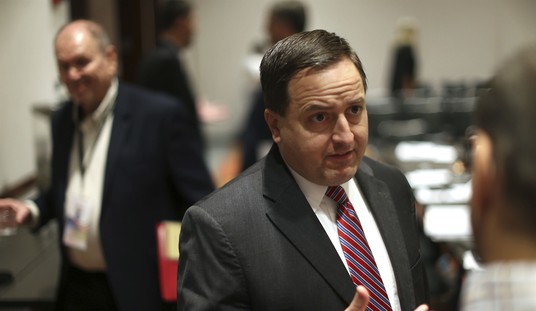
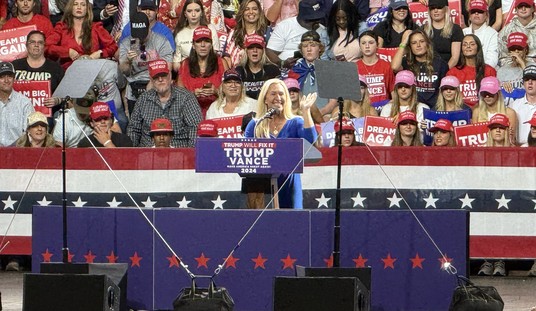
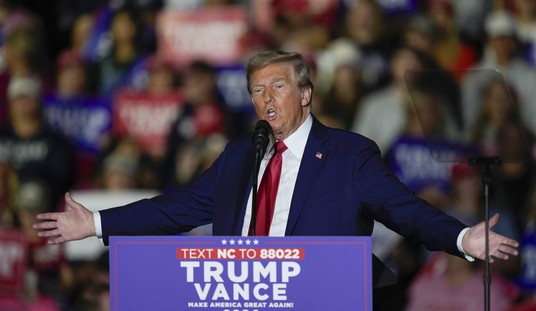

Join the conversation as a VIP Member